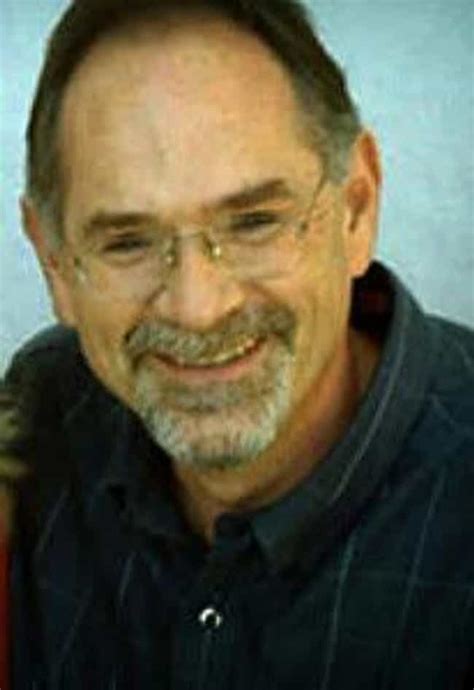A Quote by Laurence Sterne
Pain and pleasure, like light and darkness, succeed each other; and he that knows how to accommodate himself to their periodical returns, and can wisely extract the good from the evil, knows only how to live: this is true contentment, at least all that is to be had of it in this world; and for this every man must be indebted not to his fortune, but to himself.
Related Quotes
Man... knows only when he is satisfied and when he suffers, and only his sufferings and his satisfactions instruct him concerning himself, teach him what to seek and what to avoid. For the rest, man is a confused creature; he knows not whence he comes or whither he goes, he knows little of the world, and above all, he knows little of himself.
It is a proverbial expression that every man is the maker of his own fortune, and we usually regard it as implying that every man by his folly or wisdom prepares good or evil for himself. But we may view it in another light, namely, that we may so accommodate ourselves to the dispositions of Providence as to be happy in our lot, whatever may be its privations.
The fisherman has a harmless, preoccupied look; he is a kind of vagrant, that nothing fears. He blends himself with the trees and the shadows. All his approaches are gentle and indirect. He times himself to the meandering, soliloquizing stream; he addresses himself to it as a lover to his mistress; he woos it and stays with it till he knows its hidden secrets. Where it deepens his purpose deepens; where it is shallow he is indifferent. He knows how to interpret its every glance and dimple; its beauty haunts him for days.
Man has reason, discrimination and free-will such as it is. The brute has no such thing. It is not a free agent, and knows no distinction between virtue and vice, good and evil. Man, being a free agent, knows these distinctions, and when he follows his higher nature, shows himself far superior to the brute, but when he follows his baser nature can show himself lower than the brute.
There can be only one permanent revolution - a moral one; the regeneration of the inner man. How is this revolution to take place? Nobody knows how it will take place in humanity, but every man feels it clearly in himself. And yet in our world everybody thinks of changing humanity, and nobody thinks of changing himself.
How much reverence has a noble man for his enemies!--and such reverence is a bridge to love.--For he desires his enemy for himself, as his mark of distinction; he can endure no other enemy than one in whom there is nothing to despise and very much to honor! In contrast to this, picture "the enemy" as the man of ressentiment conceives him--and here precisely is his deed, his creation: he has conceived "the evil enemy," "the Evil One," and this in fact is his basic concept, from which he then evolves, as an afterthought and pendant, a "good one"--himself!


































